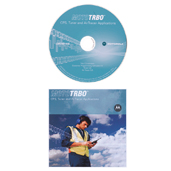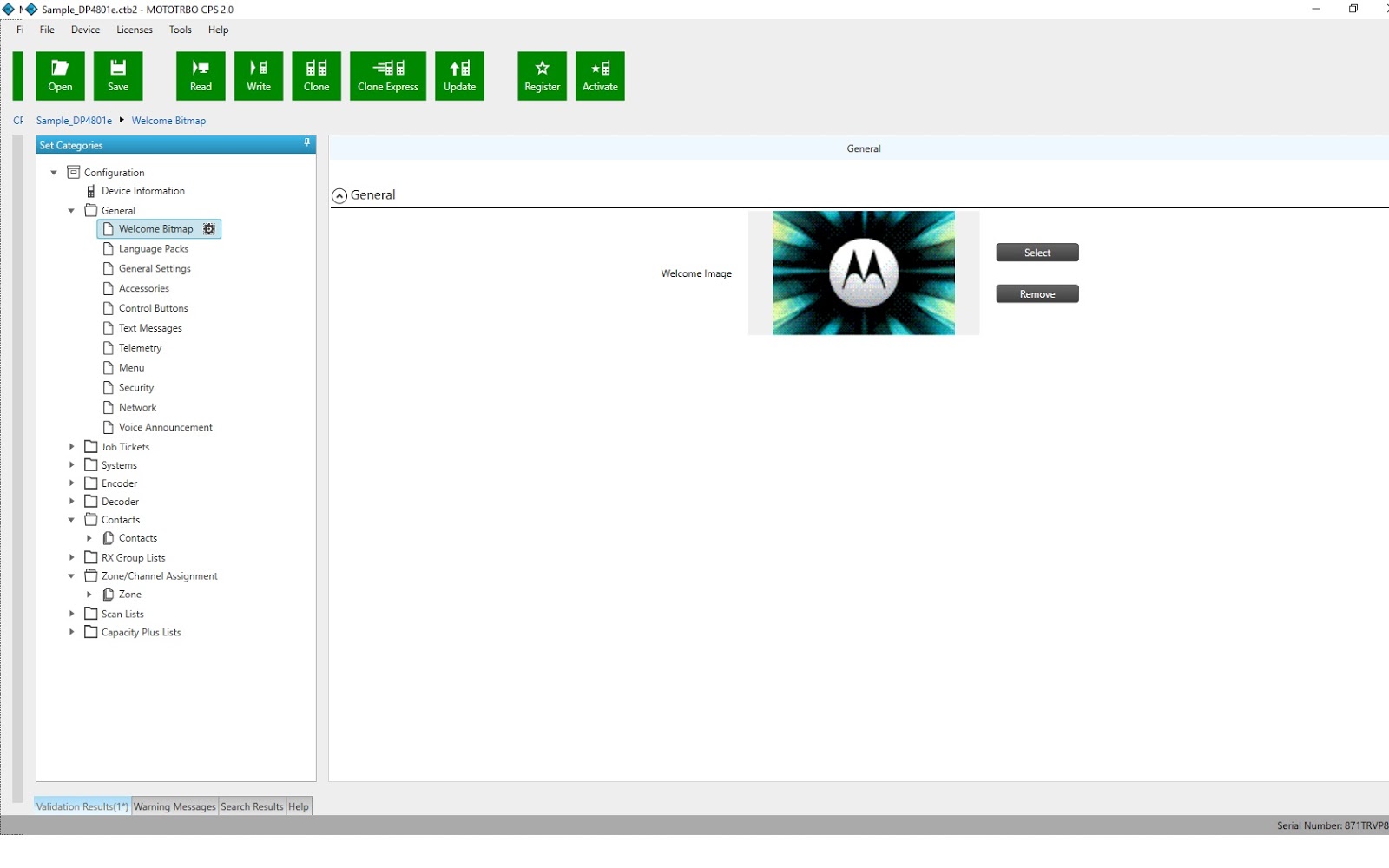


Digital is so bandwidth-efficient, it can accommodate two completely separate "channels" in one 12.5 kHz channel. When it comes to spectrum efficiency, nothing matches digital technology. And since speech is digitally-encoded, you benefit from smarter capabilities, such as advanced software algorithms that can deliver clear voice in the most extreme conditions. Because a digital radio has automatic error correction, it rebuilds voice sounds and maintains the clarity of the voice, even if a signal is badly corrupted. Voice gets garbled and the message must be repeated. Radio interference creates static on an analog radio and makes the conversation less intelligible. The software focuses purely on your voice, paying no attention to the machine clatter or the crowd noise around you. If there's a lot of background noise, it can be very difficult to understand you. When you use a normal analog radio, every sound that's picked up by the microphone is transmitted. Hear And Be Heard Clearly Without Noise, Static or Distortion That's why it's critical to consider digital migration now - so when you're ready to upgrade, you'll choose a system with the greatest benefits for the long term. This means that practically everyone in the future will use digital.ĭigital radio offers many advantages over analog, including improved voice quality with greater coverage, better privacy, better battery life and more. Some legislators are even mandating that no new designs of two-way radios can be certified unless they have digital capability.

Regulatory pressures and real-world needs are driving greater spectrum efficiency. Now professional radio is making a big leap forward - the move from analog to digital.

From schools to seaports, construction sites to convention halls, they are synonymous with reliability, durability and convenience. Licensed, professional two-way radios have revolutionized communications for decades and continue to empower millions of people today. Why Digital Migration Is Essential To Your Business


 0 kommentar(er)
0 kommentar(er)
